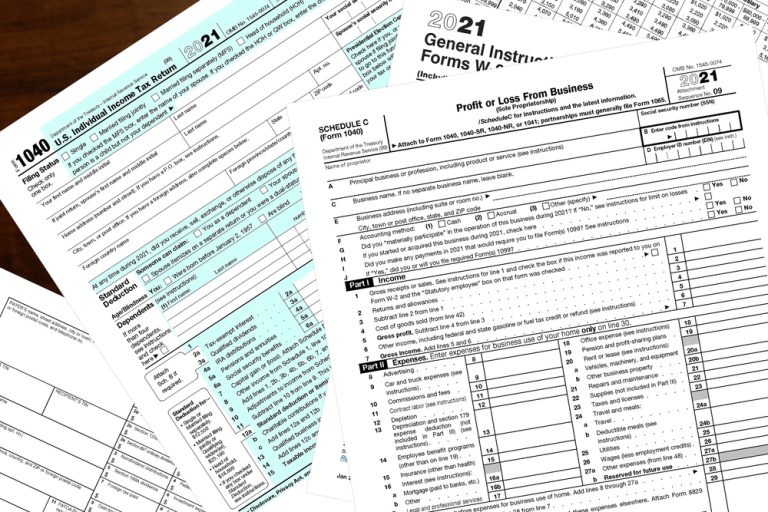First DCA Reinforces Plaintiff’s Burden in Constructive Knowledge Cases Involving Transitory Foreign Substances
First DCA Reinforces Plaintiff’s Burden in Constructive Knowledge Cases Involving Transitory Foreign Substances
October 2014
First DCA Reinforces Plaintiff’s Burden in Constructive Knowledge Cases Involving Transitory Foreign Substances
by J. David Marsey
In August 2014, the First District Court of Appeal interpreted a recently enacted statute that requires plaintiffs to prove actual or constructive knowledge of the presence of a transitory foreign substance before being held liable for plaintiff’s injuries sustained in a fall. In affirming the trial court’s entry of summary judgment for the store, the Court recognized that the duty to act to mitigate a potential danger is triggered by the actual or constructive notice of the presence of a foreign substance, not simply the possibility that it might become present.
In this case, the plaintiff attempted to hold a retail grocery store liable for her injuries when she fell as a result of what she called “unnoticeable drops of water.” The plaintiff was returning to the store from the parking lot to return an electric shopping cart for the mobility impaired. After dropping off the cart, she slipped and fell within feet of her destination and suffered personal injury. She argued that the store had constructive knowledge of the dangerous condition because it occurred with such frequency and that it was negligent for failing to install warning cones or rainy-weather mats in the affected area.
Record evidence established that store personnel inspected the area within four minutes of the fall and that, according to plaintiff’s own testimony, it started “misting” outside approximately one minute before. Although there were some factual disputes about exactly when the rain started, the store’s response to the anticipated rain and whether there was water on the floor that caused her fall, the Court held plaintiff to her burden to introduce evidence to establish by a preponderance of evidence that the store knew or should have known of the water on its floor. The Court reasoned that employees’ recognition that it was about to rain was insufficient to trigger a duty to initiate the protective measures utilized during actual rain.
This case is important because it signals the First District’s intent to hold plaintiffs to their burden and recognizes the legislative intent to impute liability to defendants only when they unreasonably fail to use ordinary care to discover dangerous conditions created by transitory foreign substances. Retail stores should diligently and frequently inspect their premises for hazards to take advantage of the statutory protections.
David Marsey is a former officer, investigator, training officer and prosecutor and is an attorney in the firm’s Tallahassee office. He defends and advises corporations, government entities and their employees throughout the state.
RumbergerKirk provides litigation and counseling services in a wide range of civil practice areas including product liability, commercial litigation, construction, real estate, intellectual property litigation, securities litigation, bankruptcy, labor and employment law, insurance coverage, professional liability and administrative law. Offices are located in Orlando, Tampa, Miami, Tallahassee and Birmingham, Alabama. For more information, please visit www.rumberger.com.








